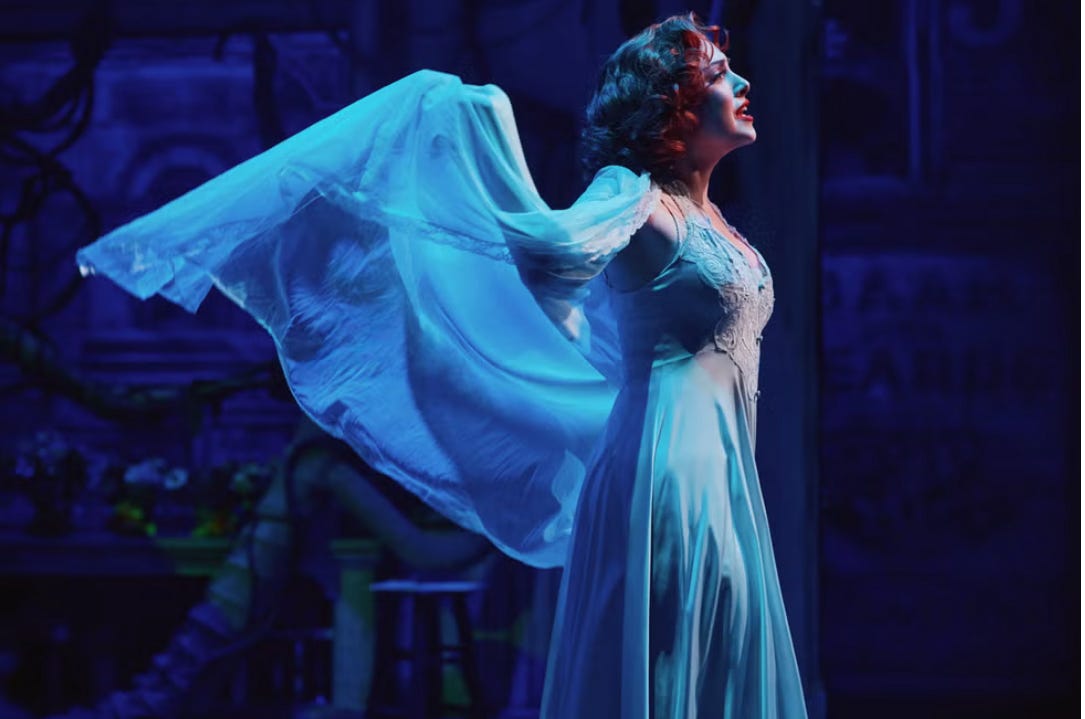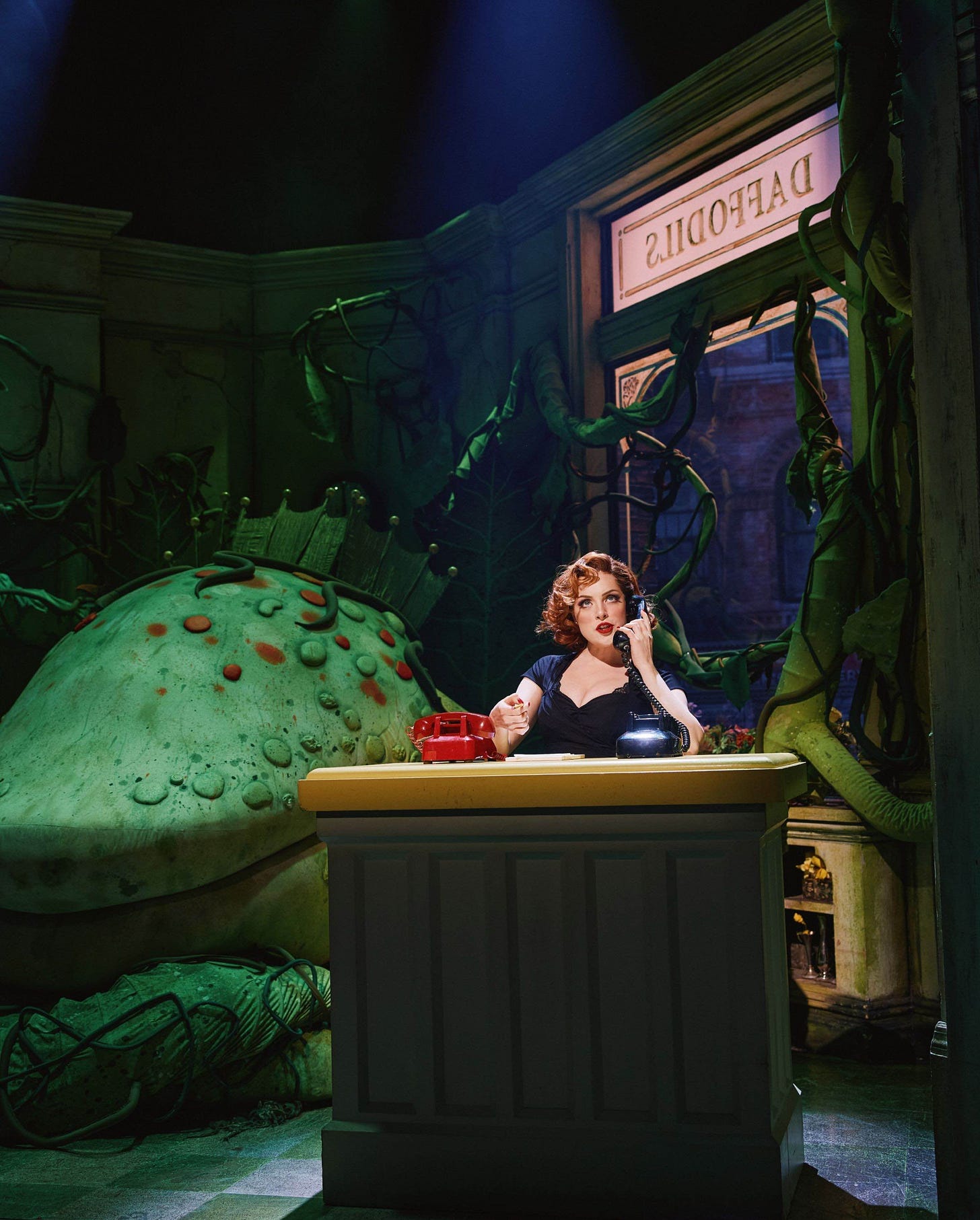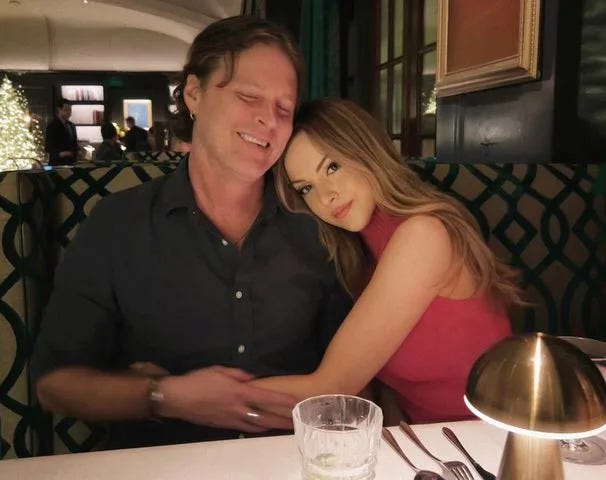At Florida State’s Golden Spotlight Series, the actress and musician traded Hollywood gloss, for honesty about failure, patience, and the art of staying brave. Under the lights of Ruby Diamond Hall, packed with Florida State students who had grown up watching her as Jade West on Victorious, Elizabeth Gillies didn’t give a performance; she gave perspective.
“Fail big,” she told them, half-laughing, half-serious. “Take a big swing and fail. You can always come down and do something more grounded later, but if you never take the swing, that’s the real failure.” This advice can only come from someone who has seen both sides of ambition, the rush of arrival and the quiet collapse that can follow it.


Gillies first hit Broadway at fifteen in “13”, an all-teen production that would quietly define her work ethic. “At that age, you’re just go, go, go,” she said. “I made it to Broadway and thought, finally, which is insane because I was fifteen. But they treated us like adults, and that responsibility stuck with me.” That drive carried her through Nickelodeon fame and into the FX comedy Sex & Drugs & Rock & Roll, the project that cracked open her child-star image. “I always worried I’d never be taken seriously after Victorious,” she said. “Then one producer said, ‘She was on a kids’ show? Perfect, bring her in.’ You never know how things will turn.”
By the time she landed the role of Fallon Carrington in Dynasty, Gillies had built a steady career. Yet with stability came repetition. “I felt like a robot,” she admitted. “I was just doing and doing, and I’d forgotten why I fell in love with acting in the first place.” For an actress who has played characters defined by sharp wit and control, this kind of vulnerability felt disarming. When Dynasty ended, Gillies took what became the longest break of her life. “I learned to drive again for the first time in ten years,” she said, laughing. In that stillness, she rediscovered something essential: curiosity. “You have to live in the moment and be thankful for work when you can get it,” she said. “Everyone has a moment, then the moment goes away, then it comes back, or it doesn’t. You just have to be down for the ride.”
For a room of students still finding their creative footing, that message landed deeply. Gillies did not glamorize resilience; she reframed it. To her, success is not linear, and patience is not passive. It is practiced and sometimes painful. “I’m not a patient person,” she admitted. “But I’ve been forced to be. And you can’t count on people to believe in you, you have to do it yourself.” That self-sufficiency, she explained, is not about control but about curiosity. She has learned to write, to produce, and to understand the art of storytelling from every angle. “Maybe you can’t act right now,” she said. “Then try directing. Try writing. The more you know, the more power you have.” It is an ethos that resonated in a generation obsessed with instant results.
Despite the fame and the polished exterior of her on-screen roles, Gillies describes her real life as ordinary. “I have a very normal life,” she said. “All my best friends are still the ones from when I was five. They remind me who I am.” That sense of rootedness, of not needing to constantly perform, felt like the quiet core of her talk. For an hour at Florida State, Elizabeth Gillies was not a Hollywood figure dissecting fame. She was an artist reminding a room full of young creatives that bravery does not always look like confidence. More often, it looks like trying again. And when the lights brightened and the applause filled the hall, it was clear that her message had struck something deeper than nostalgia. It was not about chasing the spotlight. It was about learning how to stand in it without losing yourself.







